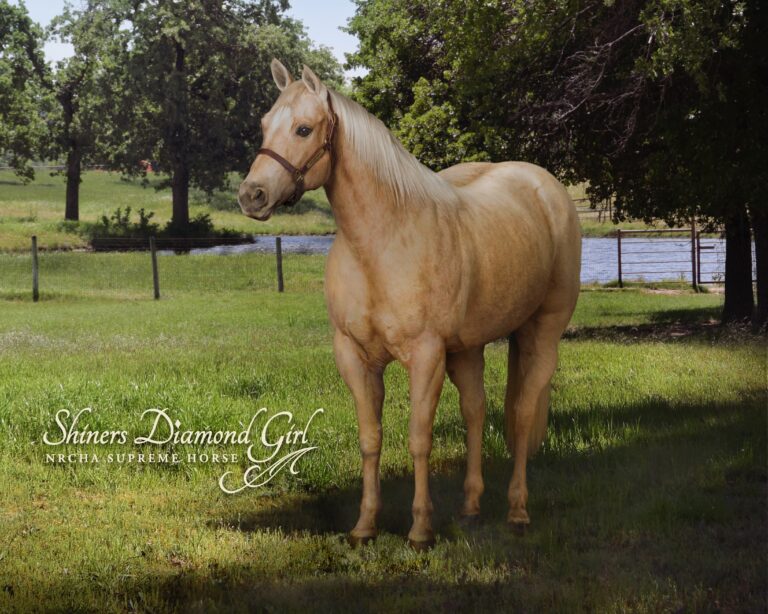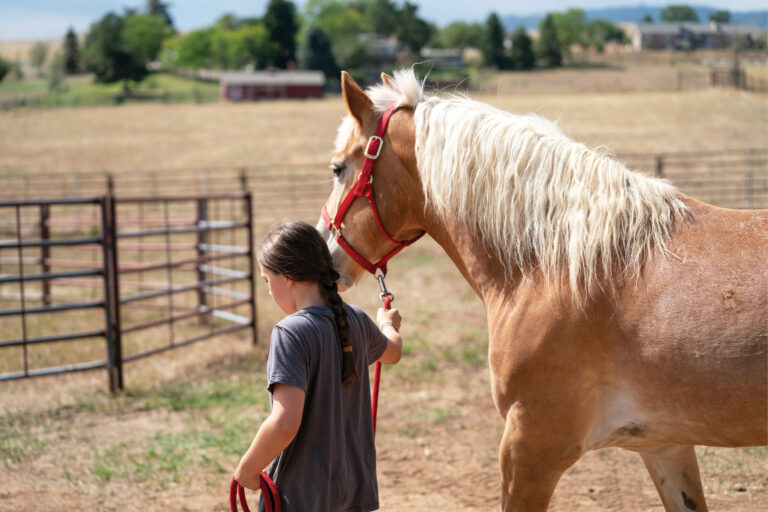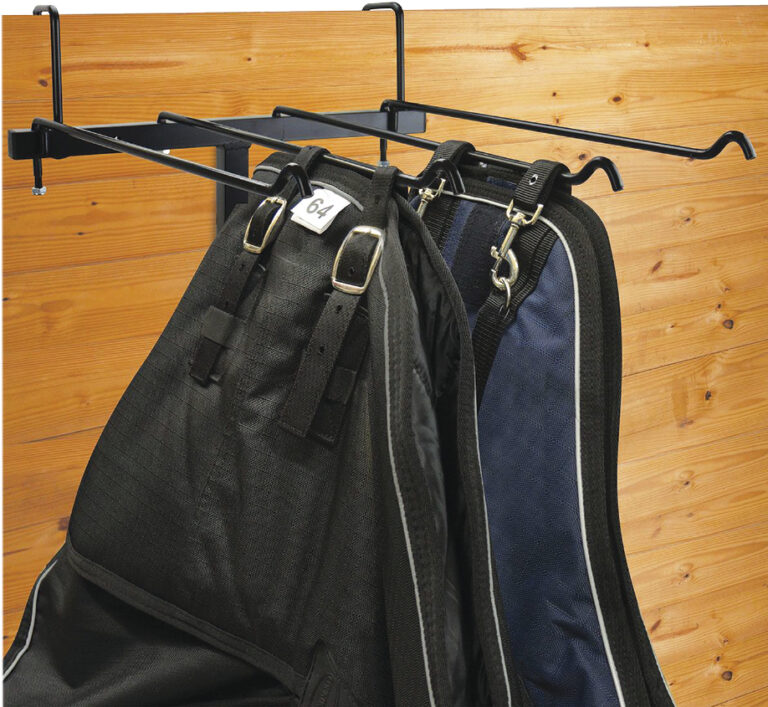I had the opportunity to sit down and talk with Texas horseman and tack collector, Gerry Gesell (pronounced Jerry Gazelle). Gerry is a leatherworker, horse trainer, cowboy, and a wordsmith (although he won’t admit that one). We talked all things horses, bits, and tack, and what makes a horseman.
The Collection
When it comes to a tack collection, Gerry has an enviable one. His saddle house is filled with bridles, bits, saddle pads, and other working tack. The coolest thing? It all gets used. He says, “My bridles don’t collect dust, I don’t use them all the time, but I always have the option to. And at the very least, they’re kept clean.”

Gerry’s affinity for tack came from his experiences after high school, working for Tommy Wayman, an accomplished polo player. “That is where my fascination with bridles began. They had hundreds of bridles hanging in their tack rooms in the barn. We were constantly fiddling with them and experimenting. If we thought a horse might benefit from something different that week, we’d try a new one out.”
If you ask Gerry which bit is his favorite, he’ll tell you that it’s like trying to choose your favorite child. And that just isn’t a fair question.
The Meaning
As Gerry worked in different parts of the country for various trainers, he began his collection on the road. However, it wasn’t collecting, for collections sake. Gerry says, “It wasn’t necessarily the idea of collecting bridles for the makers. It was for the different styles, what I thought could work on any particular horse that I was riding at the time. It was more of a functionality of the bridles. As I matured, I decided I wanted to start a collection that I would end up keeping for the rest of my life.”
And what a collection it is. In a saddle house filled with gear, each piece has meaning and a purpose. One of the most cherished pieces though, is a Klapper 27 bit made by the famous Billy Klapper. Others include a bit from the collection of Richie Morgan bought with the blessing of his daughter, Merrilee Doss. And adorning the hooks are multiple, beautiful pieces made by Peewee Peebles.

The Question: What makes a Horseman?
The conversation turned from tack to horses, as Gerry was on the road to a ranch horse show. His string of horses is as nice as the gear, and he prefers starting young horses and bringing them along correct. Gerry has trained everything from polo ponies, to cowhorses, and enjoys hauling his junior horses to AQHA, NRCHA and RHAA events. He’ll also be the first to tell you that he prefers mares.
At this point, I inquired if he could sum up for me, what makes a horseman. His response? “That’s not an easy answer.” What makes a horseman isn’t a black and white issue.

Gerry doesn’t believe it comes from simply following tradition, or that it’s handed down in your genetics. It’s not using the finest tack or buying the finest horses. It’s not just knowing about horses, and you can’t force it. Instead, he first notes that many great horsemen are women, paying homage to his mother who taught him much of what he knows about the animals.
The Answer
It’s much to do with natural instinct and your attitude towards the horse, Gerry believes. “The best horsemen I’ve seen could be considered part horse. It’s like they know what the animal needs and is thinking and respond in kind.” Kindness and patience go hand-in-hand with the term horseman.
Sure, you can be born into a family of trainers and horsemen, but that doesn’t necessarily mean it’s handed down. Additionally, you also need to want to connect with the horse and understand what they need. “It’s a fine line to walk between being their friend and their coach, and horsemen always have the best interest of the horse in mind.”
Obviously, being a horseman requires knowledge, skill, and training. To be a horseman, one must be patient and observant, and respect the horse during every stage of training. You also need some humility. According to Gerry, “One of the best ways to bond with your horse, is to ride many horses. Learn from each of them, and get better with each ride, then take that new knowledge back to your animal.”
The Learning
Natural instincts play a large role in becoming a horseman, and some people are just naturally gifted. But Gerry also believes that you can certainly be taught much of it. He notes that many people can learn or be taught “feel.” This is the ability to be aware of what your horse is doing, what they respond to, and communicate effectively. You need to want it though, believes Gerry. “Every ride is an opportunity to learn, listen, and be better for the horse.”
Now, experience certainly plays a role in becoming a horseman. Gerry has worked for many large outfits, big name trainers, and trained many a nice horse. However, you don’t have to travel the country to get experience. Find local trainers, soak up as much knowledge as you can, read, listen, and continue to learn. Gerry’s book collection might be as expansive as his tack collection, and that should be a testament to the power of learning.
Making it Simple
All-in-all, it’s not the amount of tack you have, the quality of horses you’ve swung a leg over, or your family name that makes a horseman. According to Gerry, it’s deeper and more complex than that. Natural instinct plays a large role, sure, but those devoted to the cause can certainly be taught what it means to be a horseman. At the end of the day, Gerry sums it up nicely.
“It’s all for the horse.”






